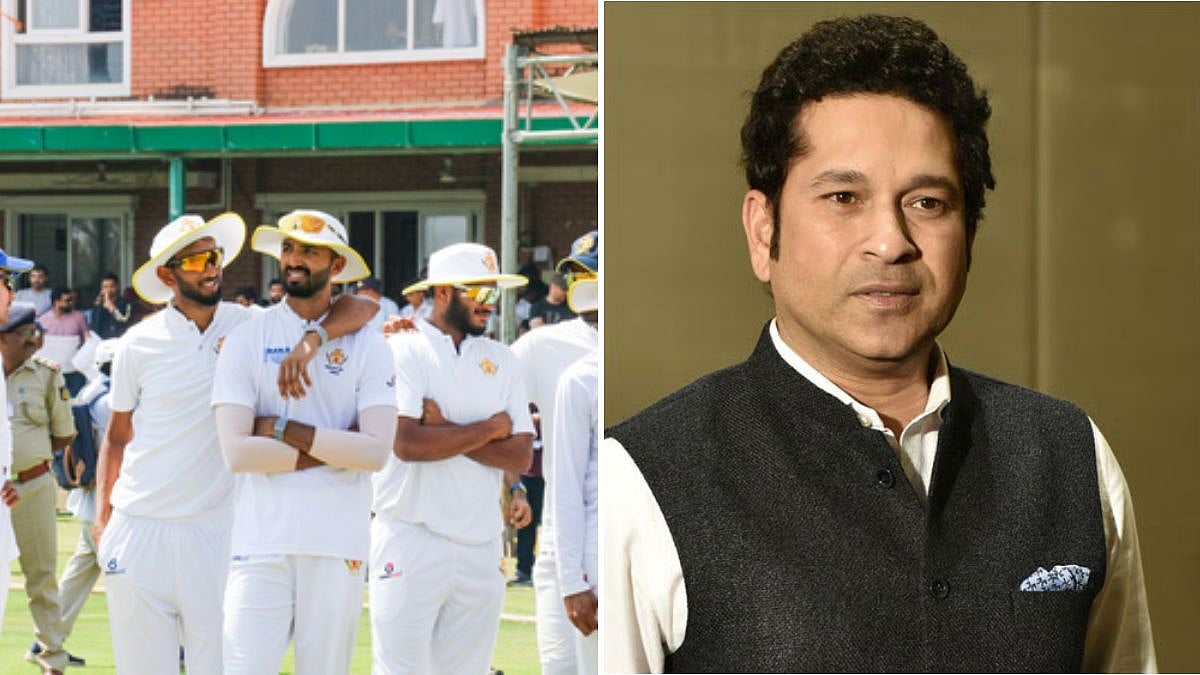Changing the name of a universal thinking kills its pristine spirit. A way of life cannot be encapsulated by any religion, whether it's Hinduism or any other denomination. We use the word religion for the want of a better word to refer to sublimation of human evolution. - Dr S Radhakrishnan, The Hindu View of Life
When human mind evolves, it blooms into a universal spirit and doesn’t remain confined to any faith. Synchronised consciousness is beyond any religion. It’s universal bonhomie. - C G Jung
Nowadays, Hindus are using a fancy term, Sanatan Dharm, for the conventional Hinduism. This sounds rather jarring and out of place. Sanatan Dharm is an endonym used by Hindus to refer to Hinduism and literally means Eternal (truth) or Ever Evolving. In Sanskrit, Sanatana Dharma translates approximately to “eternal law” or, less literally, “eternal way”. In Pali, the equivalent term is Dhammo Sanātano. In Hindi, the Sanskrit tatsama dharm is being used as “religion” — it roughly translates to “eternal religion”.
Though the primary objective of neo-Hindus is to re-establish an eternal or ever-evolving religion, the fact remains that whether it's Sanatan Dharm, Hindu Dharm or Hinduism, it still remains a structured and organised faith like any other man-made faith.
Now the question is: What's Dharm? Dharm is not religion. Dharm is duty. It's Ethics of Consciousness. Bimal Krishna Matilal wrote in his book Logical and Ethical Issues: An Essay on Indian Philosophy of Religion that the human consciousness preceded religious consciousness. When humans began to develop consciousness, it became a universal phenomenon or consciousness. The very terms oriental and occidental consciousness are misleading and foolishly philosophical. Nature bestowed consciousness upon all humans of this earth whether they were from this part or that part. That universal consciousness “degenerated” (yes, he used the word “degenerated”) into religiosity and birthed a host of faiths.
Nothing is eternal. Everything has a beginning. The term Sanatan suggests, perennial or forever which sounds condescending and is erroneous. It's just like Muslims claiming that Islam is the eternal faith (deen-e-javed) of mankind.
Since prehistoric humans were scared and forever uncertain, they needed the help from external agencies. Divine intervention appeared to be the easiest mode of self-protection. Thus cults and groups came into being and the primitive cults segued into religions. The very word religion came from the Latin word Religare, to bind. The burgeoning human intelligence accommodated religious elements and a universal religious consciousness prevailed. That wasn't limited to the east or west. Universality of faith or religiosity pervaded and permeated through humanity. So, calling only Hinduism as Sanatan Dharm is no less than spiritual snobbery.
The Eastern way of thinking has certainly been accommodative and all-encompassing as it allowed all sorts of beliefs to flourish and thrive. But thinking that its religiosity is as old as time itself is wrong.
Agreed, Upanishadic Hinduism can call itself eternal in the sense that the teachings therein are perennially relevant but then, Upanishads aren't god-oriented. They don't preach god, religiosity or divinity in an overt manner but spread awareness and enlightenment. In that sense, eastern way of life can be called eternal. But don't associate it with any religion or religiosity. When acute awareness is tied to a host of gods and deities, it gets relegated to religion. The same has happened to Hinduism. Whether Sanatan or Hinduism, the labelling remains along with a whole paraphernalia of rituals, customs, shibboleths, totems and superstitions. Learn to live without religion, god or any label. But that's very difficult for an average human.
Sumit Paul is a regular contributor to the world’s premier publications and portals in several languages




